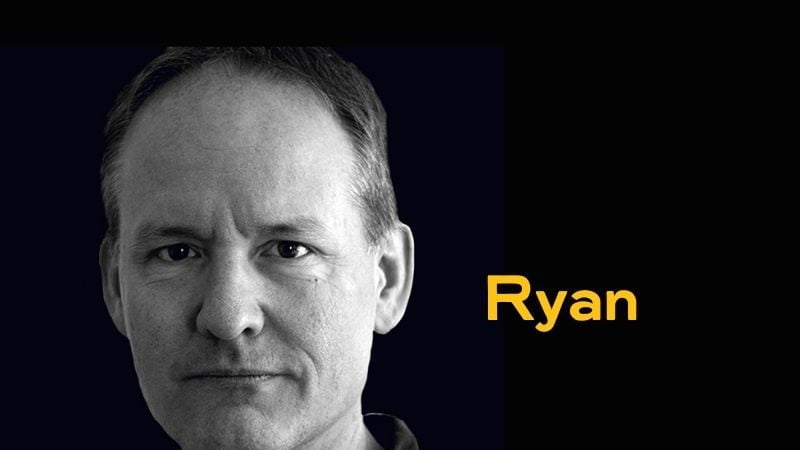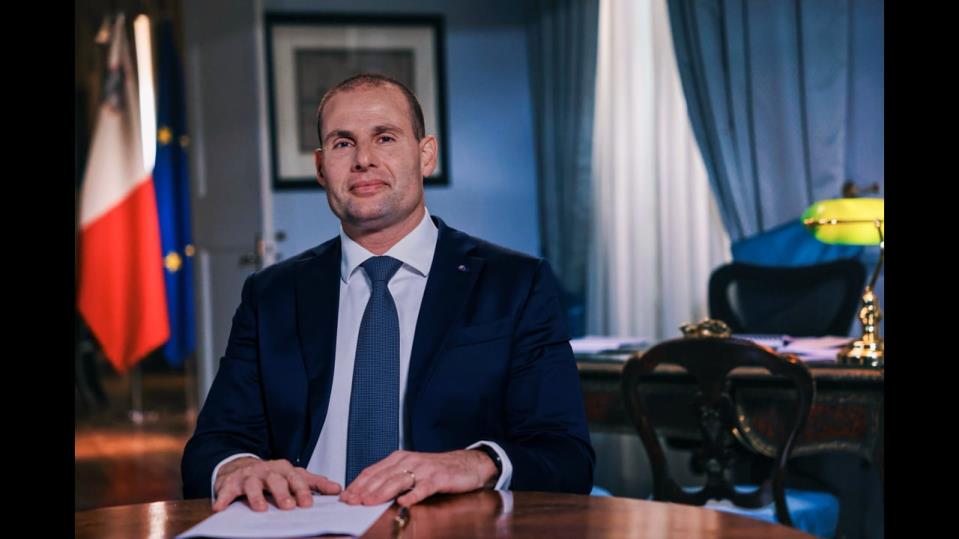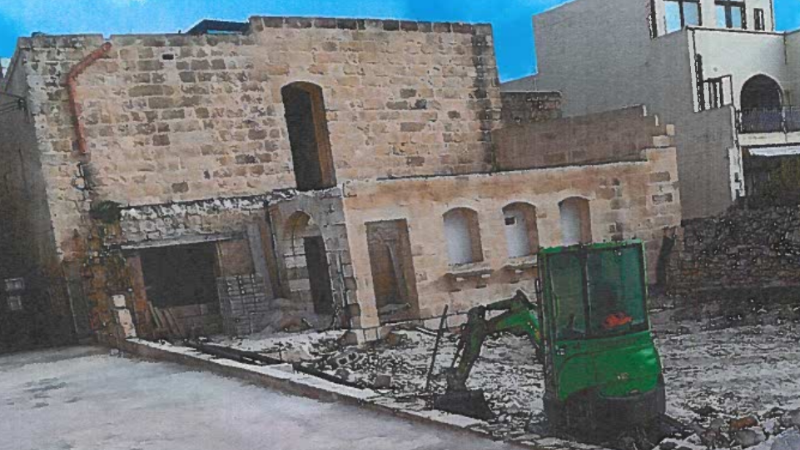Finance Ministry permanent secretary Alfred Camilleri claimed Malta would be off the FATF grey list in 18 months. Insider’s say 2023 is more likely.
But a speedy exit is still the government’s line, despite a dismal showing in the Basel Anti Money Laundering Index 2021. After careful evaluation across a range of categories roughly covering prevention and enforcement, Malta was ranked as the highest risk country in the entire European Union for money laundering and terrorist financing.
It’s another step backward and no steps forward.
I guess they can console themselves that 2020’s drop was worse. Last year, Malta plunged 60 places from “relatively low risk” 113th place to 53rd. This year’s ranking of 47th place is a minor drop by comparison.
Gone are the heady days of 2019, when Labour TV and the politically captured State broadcaster used the Basel AML Index to claim Malta was low risk, and anyone who said otherwise was… you guessed it, a mud-slinging “traitor”.
They even trotted out then MFSA CEO Joseph Cuschieri to utter reassuring words about the resources his agency would be dedicating to strengthening supervision of financial operators.
That was 6 September 2019, a year and four months after Cuschieri’s free jaunt to Vegas with Yorgen Fenech and Malta Gaming Authority official (and close friend) Edwina Licari, with Charlene Bianco Farrugia (an OPM official and former personal assistant to Keith Schembri) going along for the ride.
Fenech would be arrested two months after Cuschieri’s TVM appearance for allegedly financing the murder of the journalist who was exposing the rot at the heart of this government.
What TVM neglected to say — and what the Basel Institute was quick to point out — is that the 2019 report which evaluated Malta as a “relatively low risk” country (113th place) was based on data collected in 2011, and did not factor in the damning 2019 MoneyVal report.
This latest 2021 index shows how badly the country has fallen since 2011. It’s no coincidence that it matches the tenure of Joseph Muscat and his crawling tentacles of impunity.
The same dismal performance was revealed by this year’s Corruption Perception Index, published in January, which saw Malta drop to a “new all-time low”, falling seven points since 2015.
Transparency International placed the blame squarely on the country’s leadership, citing “the weak rule of law and the commodification of corrupt practices as a cornerstone of the economy”.
Rather than do anything to address these issues, Prime Minister Robert Abela seems determined to pretend the government changed when he took over, and anything that happened before January 2020 has nothing to do with him. In fact, he’d prefer it if you just stop asking him about it and move on.
Is it any wonder OCCRP co-founder Drew Sullivan called Malta a “mafia state” that “looks like it works on behalf of criminal groups”?
I guess Abela can take some ‘pride’ in the fact that the country he inherited from Joseph Muscat is part of such a select group. According to Sullivan, Malta is one of just five to seven nation states that operate as a criminal enterprise to further criminal interests.
“You piece together the hierarchy of the organization starting at the top, as you would with a crime gang,” he said. “There are informal networks within the government that are more important than formal networks, often.”
Or as Facebook oracle Evarist Bartolo memorably said to journalist Tim Sebastian on Deutsche Welle’s Conflict Zone, “The rule of family and the rule of friends is stronger than the rule of law.”
If Robert Abela really wanted to change the country’s dismal financial situation — by getting Malta off the FATF grey list, and renewing enough confidence in the island’s banks to reestablish US dollar correspondent relationships — he would start by leading from the front.
Instead, his government promises transparency, and offers secret deals to select financial services companies caught breaching compliance rules. Surely that wasn’t what FATF had in mind when it told Malta to clean up its act.
Abela also committed to implementing the recommendations of the public inquiry into Daphne Caruana Galizia’s murder — at least while the heat was on from observers abroad. His complete inaction nearly two months later is an indication of just how much his promise was worth.
I guess he’s too busy rejecting Freedom of Information requests for details on the hundreds of thousands of euros in legal fees his law firm made in direct orders from the Planning Authority. Abela seems to have inherited these deals from his father, just as he inherited the government from his disgraced predecessor.
Perhaps it would help if the prime minister read the public inquiry’s report. Hint: go to the conclusions, where the honourable board calls for a revision of the FOI Act “to limit the cases in which the public administration may arbitrarily refuse to provide information that is in the public interest and that the public is entitled to.”
Unfortunately, the country hasn’t hit rock bottom just yet. Joseph Muscat may have set new depth records, but Abela has set his sights on the Mariana Trench in his desperate effort to avoid accountability on behalf of those who exerted their influence to make him leader.
His core constituency is likely to support him, either because they believe all this ‘negativity’ is just the bluster of “traitors” tarnishing the country abroad, or because they want to squeeze a little more loot from the rest of you before the total collapse.
It’s a pretty bleak outlook, with no end in sight.
Reform will not come from within. And outside pressure — from the EU, the Council of Europe, FATF and others — hasn’t made much headway either, short of securing more paper regulations no one will enforce, and a couple show trials that are years away from conviction, assuming they don’t fall apart on ‘a technicality’.
The only hope of change will come from the determination of concerned citizens exerting the sort of sustained effort that toppled Joseph Muscat from power.
It’s either that or a total economic collapse, and right now it’s anyone’s guess which will happen first.













Good one Ryan, I think that people have forgotten the value of concerted street protests and having Covid around is a convenient excuse for not implementing them. They are desperately needed right now before they can organise their election business and gain another few years of criminality. As for economic collapse they can probably survive till the middle of next year on the current EU handouts but as Covid finances dry up they will have to start generating more enormous national debt just to keep the sheep and government employees in harmony. As ever with these Mafia there is NO plan B.
Praise to the Shift team which keeps spelling out clearly and succinctly where the problems lie, and will continue to lie until such time either those feeding from the top table are successfully prosecuted or the money streams from the EU and or IMF being used to keep the top table in power dries up.
Certainly zero chance of any internal change solving the problems.
More than half of the population is happy to listen to the orchestra while the ship sinks.
Unfortunately you’re too right!
Deficit 2021 – Euro 1.8 billion.
Estimated deficit 2022 – Euro 800 million.
National Debt 2013 – Euro 5 billion.
National Debt 2021 – Euro 9 billion.
New sustainable economic projects – NONE.
AIR Malta – Bankrupt.
PBS – Bankrupt.
What will come first, is without any doubt, a collapse of the economy.
I pity all those individuals who have invested in government bonds.